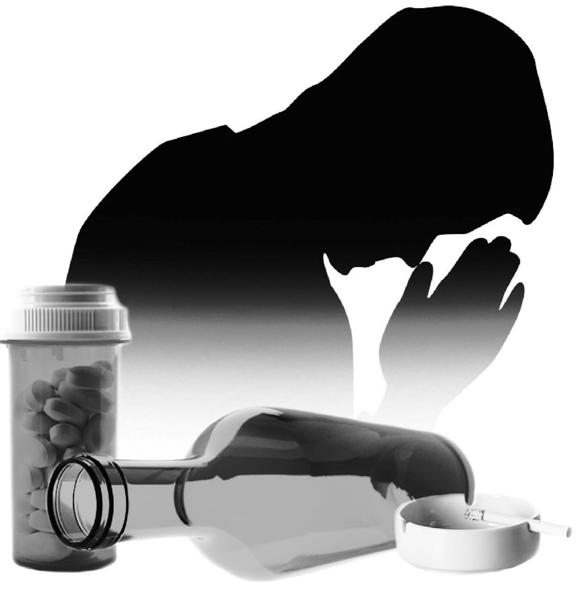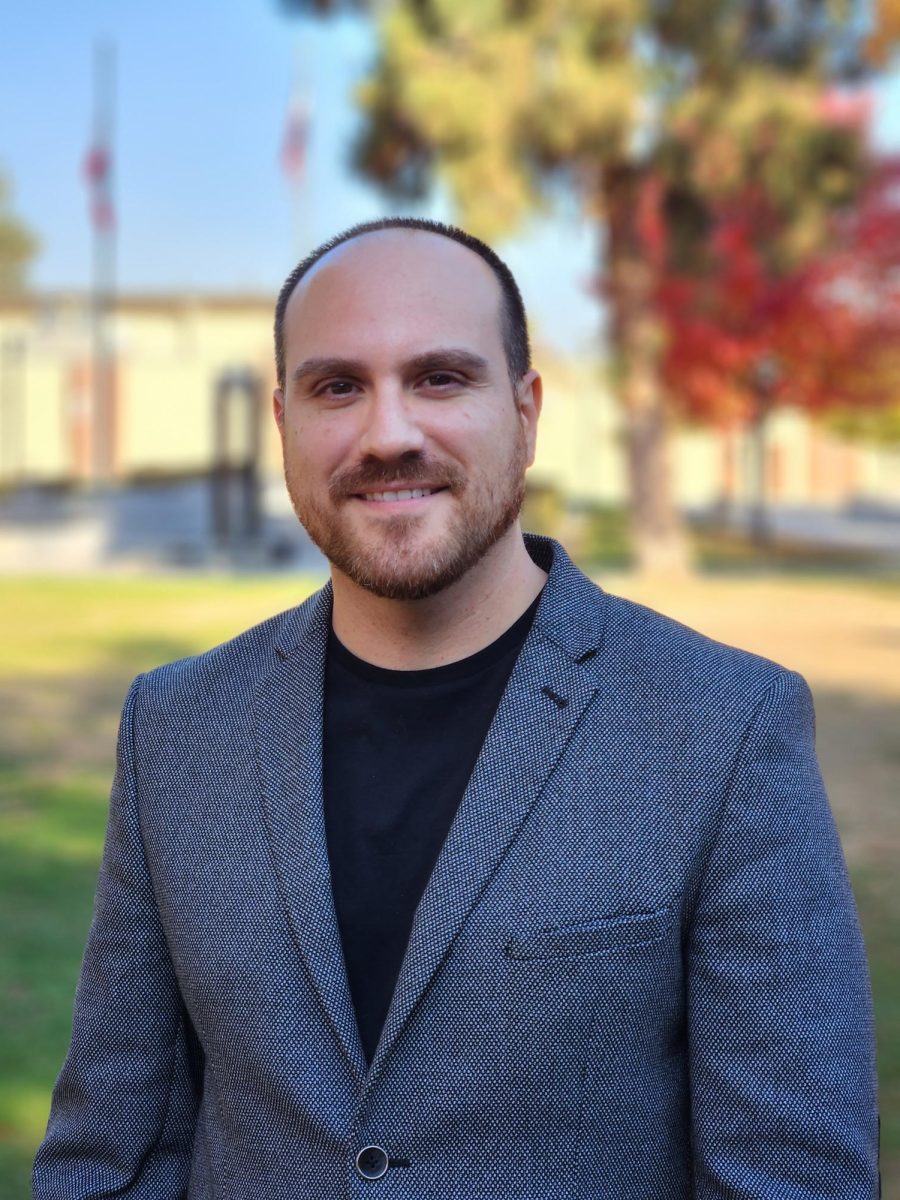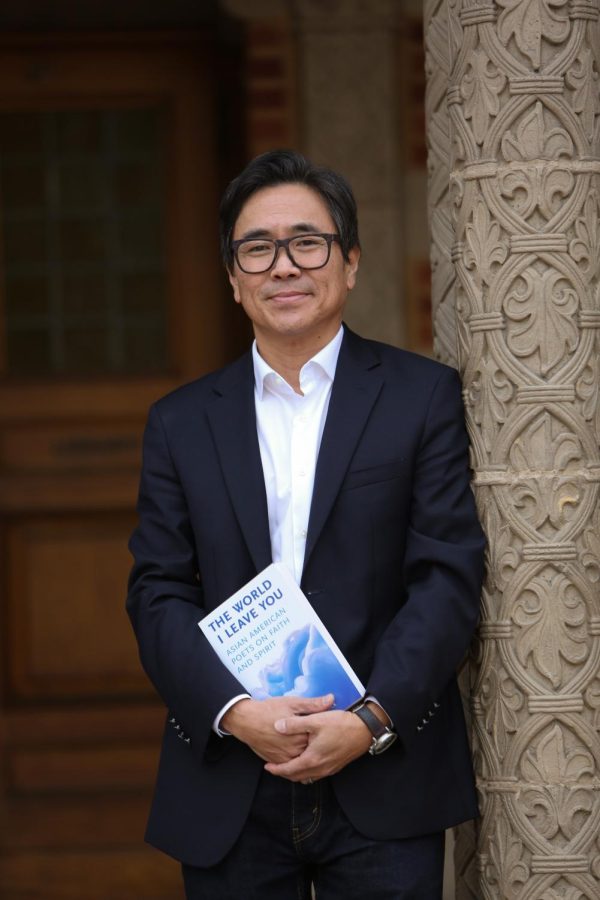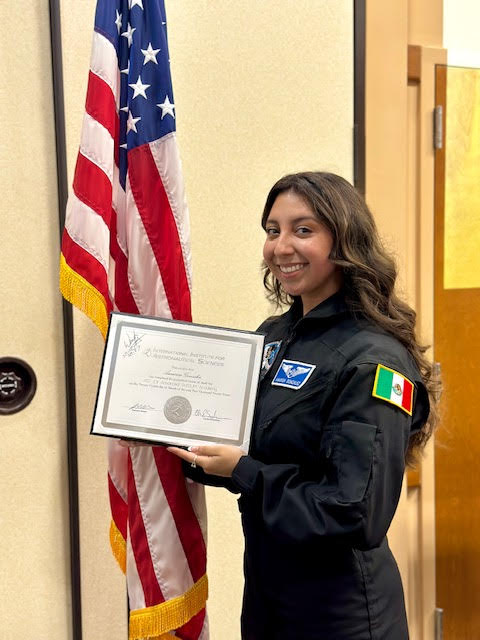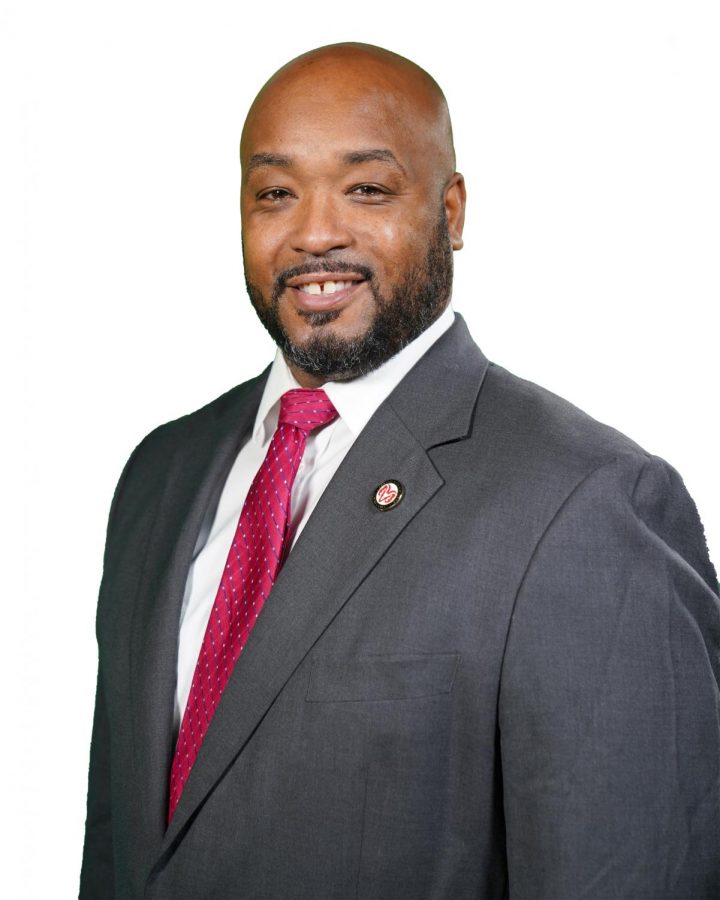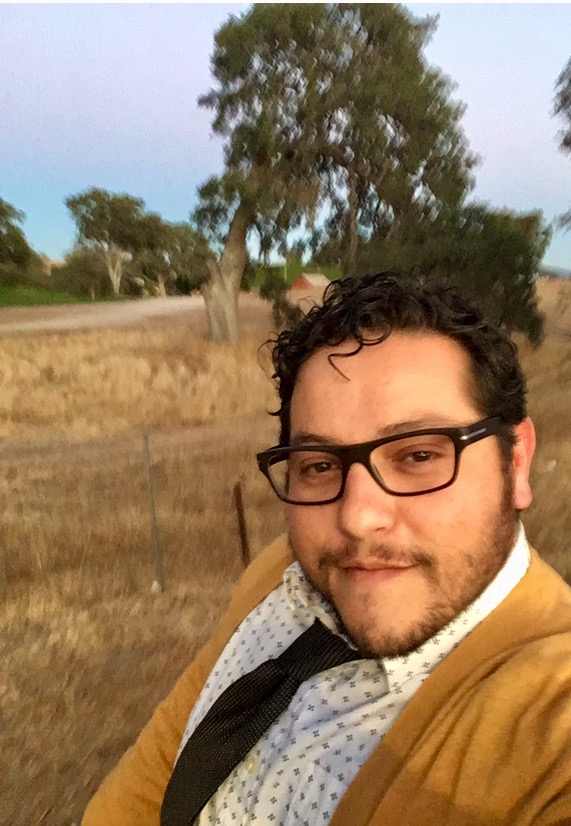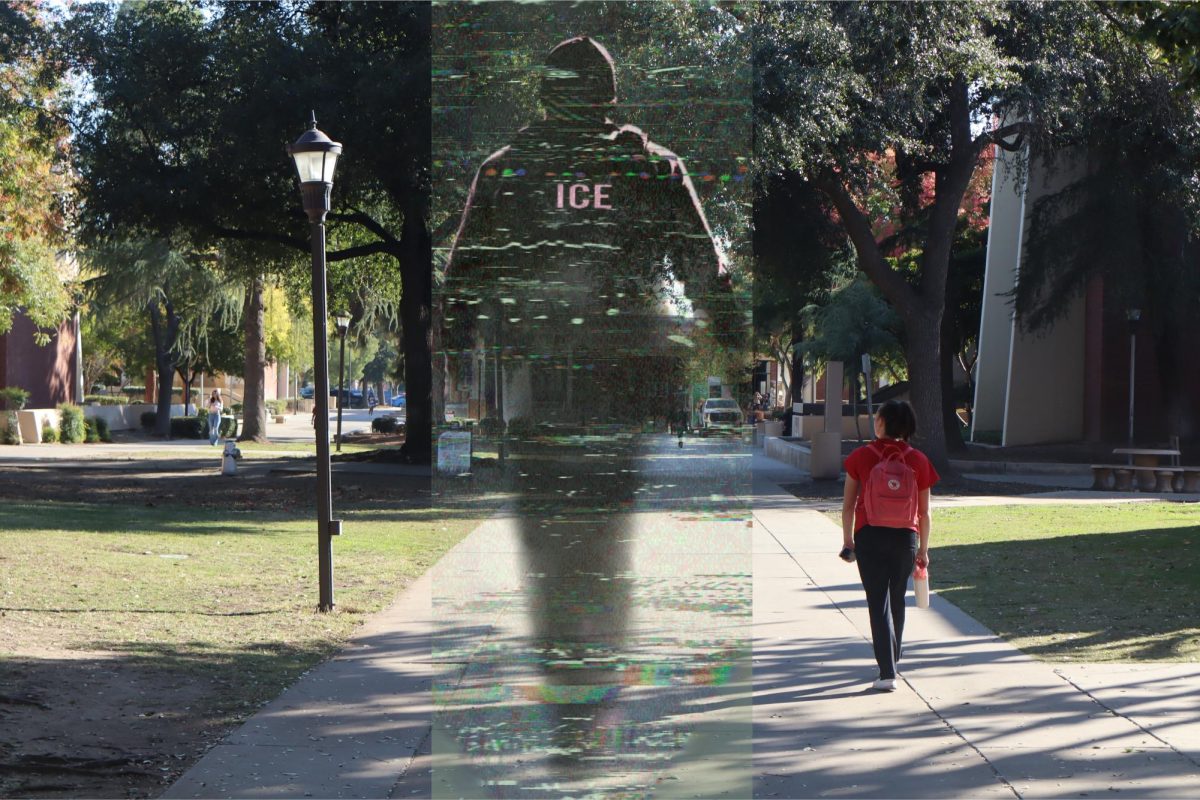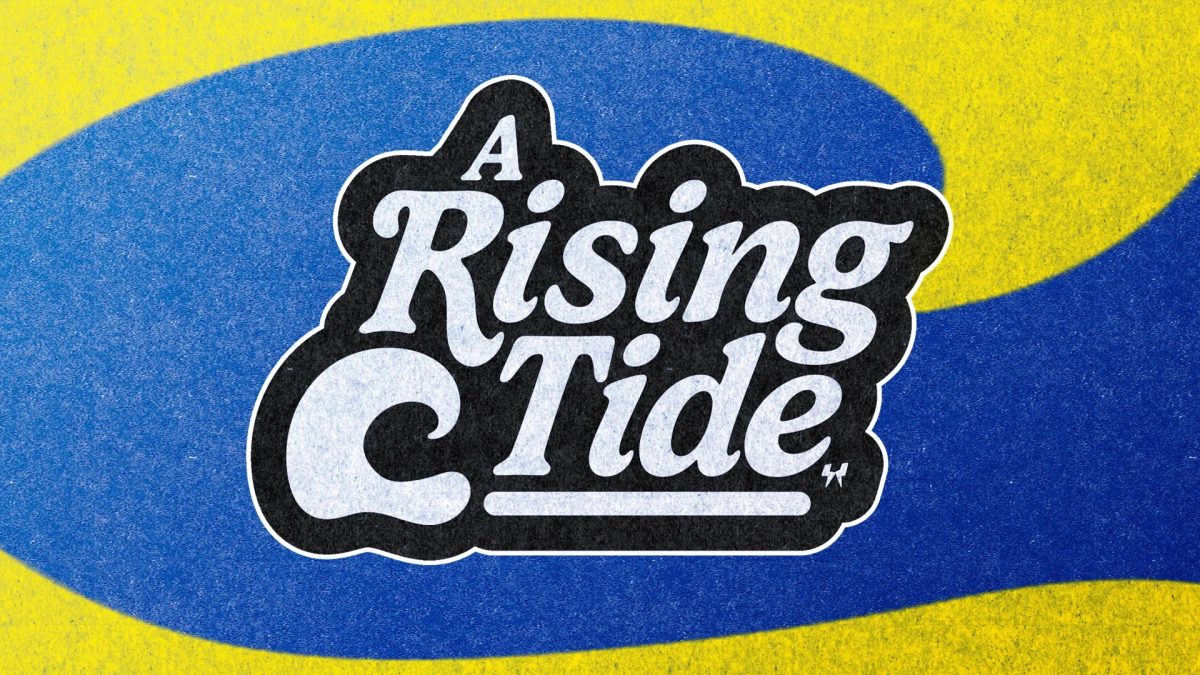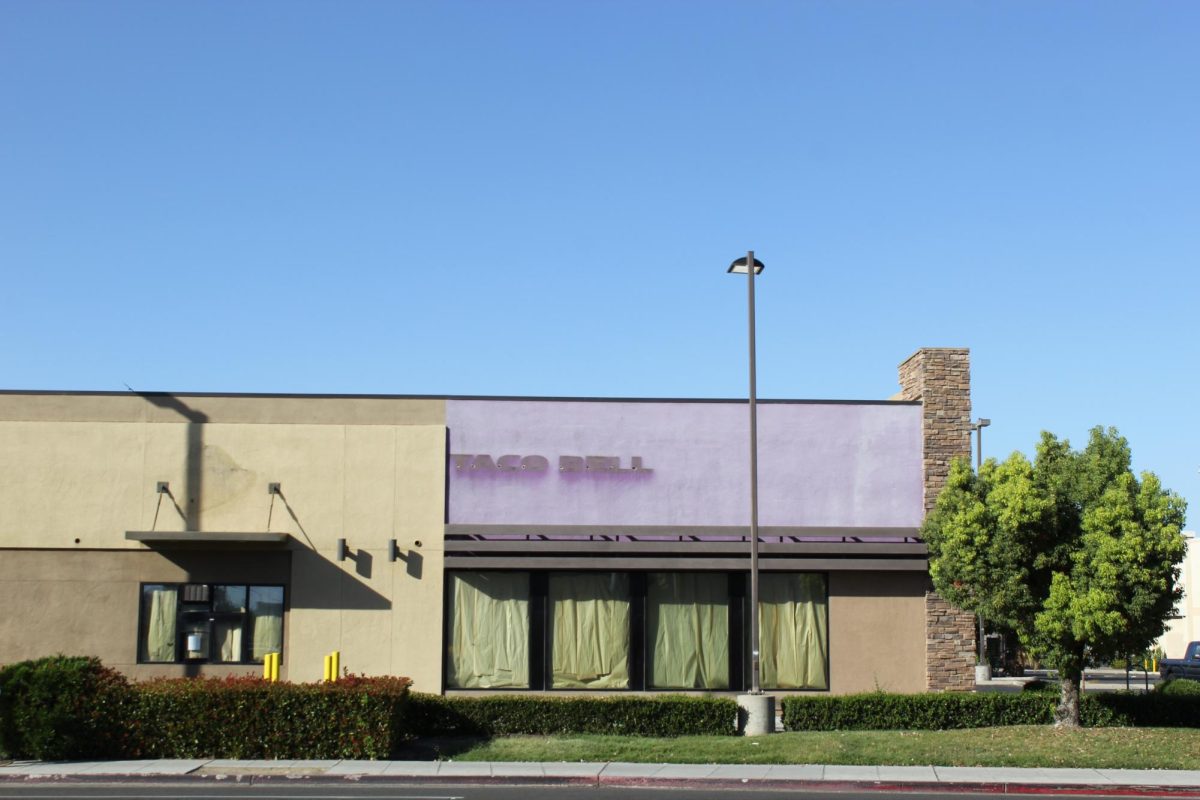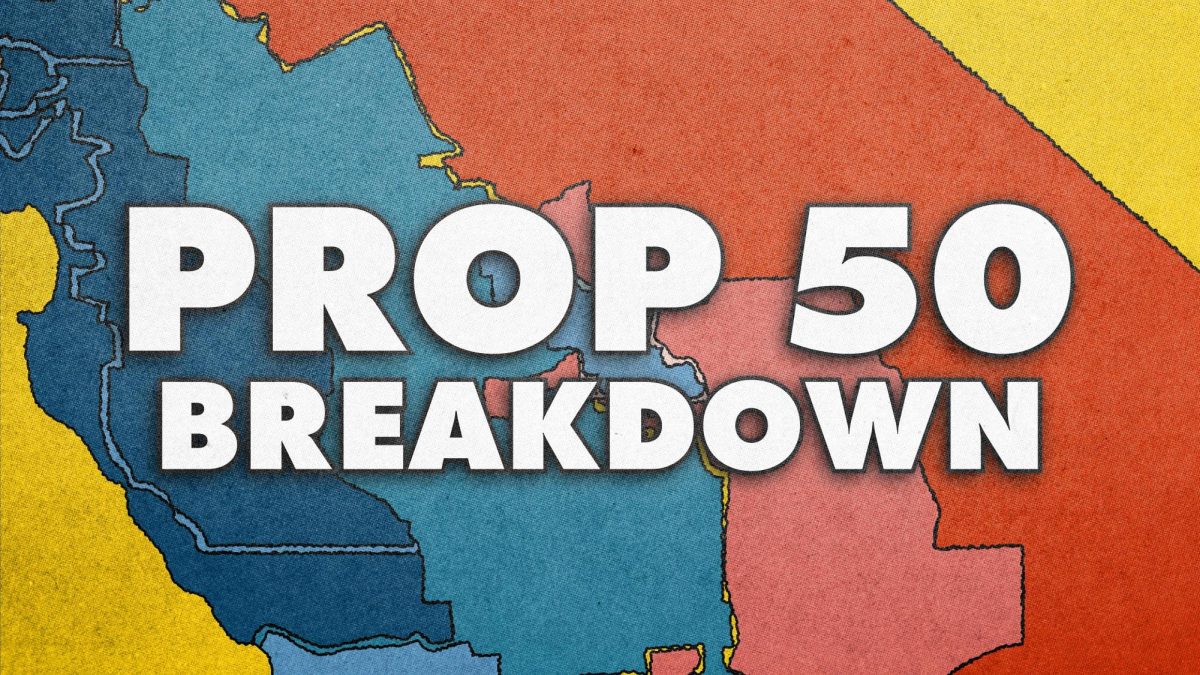Jim Kirby grew up in a large Irish Catholic family, where alcoholism was the norm. While he didn’t have any personal experience with alcohol abuse, he saw many loved ones struggle with the issue.
Today, Kirby is teaching Alcohol and Drug Counseling classes at Fresno City College. With more than 30 years of experience in the profession of Alcohol and Drug Counseling, Kirby has much to offer to his students. In addition to lecturing, he leaves his door open for students who may want to talk about either their own or a loved one’s struggle with drugs and alcohol.
Kirby defines alcohol and drug abuse in terms of use, abuse and addiction.
Use is when people use it but not have problems with it. Abuse is when a person uses a chemical substance and they begin to have negative physical, social and emotional functioning. With addiction, there is use of the chemical which leads to negative affective functioning as well as tolerance of the drug,” said Kirby.
The students in Kirby’s classes are mostly recovering drug abusers in their late 20s and early 30s.
We have a lot of students who come for the Alcohol and Drug Studies classes. The recovering are between their late 20s and early 30s. They tend to be more responsible than 18-year-olds coming in. The 18-25 years old have more problems,” said Kirby.
He adds that alcohol and drugs are especially damaging for people under the age of 25 because at that age, the brain is still developing.
Not just alcohol, marijuana, meth or cocaine but any chemical has an impact on their brain development,” said Kirby.
Many of the recovering students have the challenge of overcoming withdrawal, also known as the rebound effect. Kirby says withdrawals vary from drug to drug, but the general rule is that they have the opposite effects of the drug.
Withdrawals are a physical reaction to the chemical. If a person takes a depressant drug, they will be stimulated. “When they go through withdrawals, they’re hyperactive,” said Kirby. They may not be able to sleep, generally feeling lethargic. Somebody who takes a stimulant will have a depressant effect. They want to sleep a lot and they have a loss of appetite. When they wake up, they have a big appetite.
According to the 2010 National Survey on Drug Use and Health, marijuana was the illicit drug that had the highest levels of abuse (4.5 million) followed by pain relievers (1.9 million) and cocaine (1 million). The survey estimated that nine percent of people who use marijuana become addicted. The number increases to about 17 percent among those who first try marijuana at a younger age and up to 25 to 30 percent among those who are daily marijuana users.
In addition to the Alcohol and Drug studies classes, FCC students who may be struggling with alcohol and drug abuse can get help from the Psychological department or Social Work services. Community resource centers are also available nearby.
When it comes to the psychological terms of it, abuse is a series of factors that contributes to someone’s overall functioning. We look at the effects it has on someone’s life,said Jason Johnson, Psychological Intern at FCC. “Are they spending a lot of time engaging in the activity? Is it affecting their work, their academics, their social life? Is it causing significant distress in their life? Are they spending a lot of time working towards drinking or using substance?”
Like Kirby, Johnson has seen family members who struggled with alcohol and drug abuse.
Johnson said that a person who may be abusing drugs and alcohol normally shows change in behavior, withdrawal from normal social groups, declining grades and changes in mood.
There is a major shift in their life because they are focused on using the drug more than anything else,”said Johnson. “If you’re spending a lot of time drinking or using drugs, you’re taking time away from when you should be studying. You neglect your responsibilities, so the higher the substance abuse, the lower the GPA.”
Having worked with substance abuse for ten years, Johnson has seen a variety of causes for drug abuse.
The cause may be a chemical imbalance, something that is biologically based. It can also be childhood abuse or family history. Every once in a while we see people that just suddenly start using and typically that may be because they are experiencing anxiety or stress,” said Johnson
They start using to reduce that and it becomes a habit. They continue to use because they are feeling guilty that the substance abuse is impacting their life or they feel anxious and the substance reduces that anxiety.
Treatments for alcohol and drug abuse vary depending on the drug, the individual and the severity of the addiction. Johnson has seen 18-year-olds who had a harder time quitting than someone who has been abusing for 20 years.
“Alcohol is easier to get a hold of than meth so we’re more likely to see young people abuse alcohol and not realize they’re having an issue with it as opposed to somebody who may use meth at 18 years old and realize it’s an issue. If someone goes out and drinks a six-pack a night, comes to school the next day hungover, people might not see it as abnormal,” said Johnson.
Family and Youth Alternative: A Program of Mental Health Services is one of the many substance abuse service providers in Fresno. They specialize in helping adolescents through group therapy or cognitive behavior therapy.
Marty Castanon, program supervisor at Family and Youth Alternative, says drug abuse is a huge problem in Fresno because it leads to criminal behavior, gang activity and poor grades.
Ninety-nine percent of the kids in this program are on probation. They have been ordered by the court to get treatment. One percent come in voluntarily or schools send them or parents send them,” said Castanon. “They are drug tested six to eight times a month. They learn relapse prevention, drug education and quitting marijuana. They are also taught anger management, coping skills and recovery tools.”
Moving forward at FCC, what Kirby would like to see is an Alcoholic Anonymous program on campus.
“We haven’t had those on campus in a while. It’s hard to get somebody to come in on regular basis to [coordinate] them,” said Kirby
He adds that for some adolescents, abusing drugs is a way of rebelling.
“Because we made drugs taboo, the rebellious teenager will try to break taboos and that’s why see a lot of drug use today,” said Kirby. “If we standardized drugs and made them legal, kids will find other ways to rebel.”

